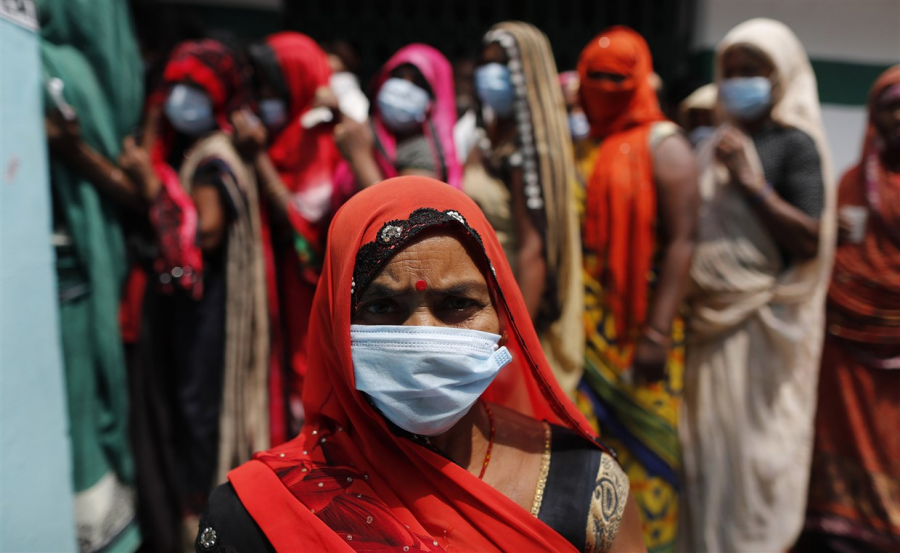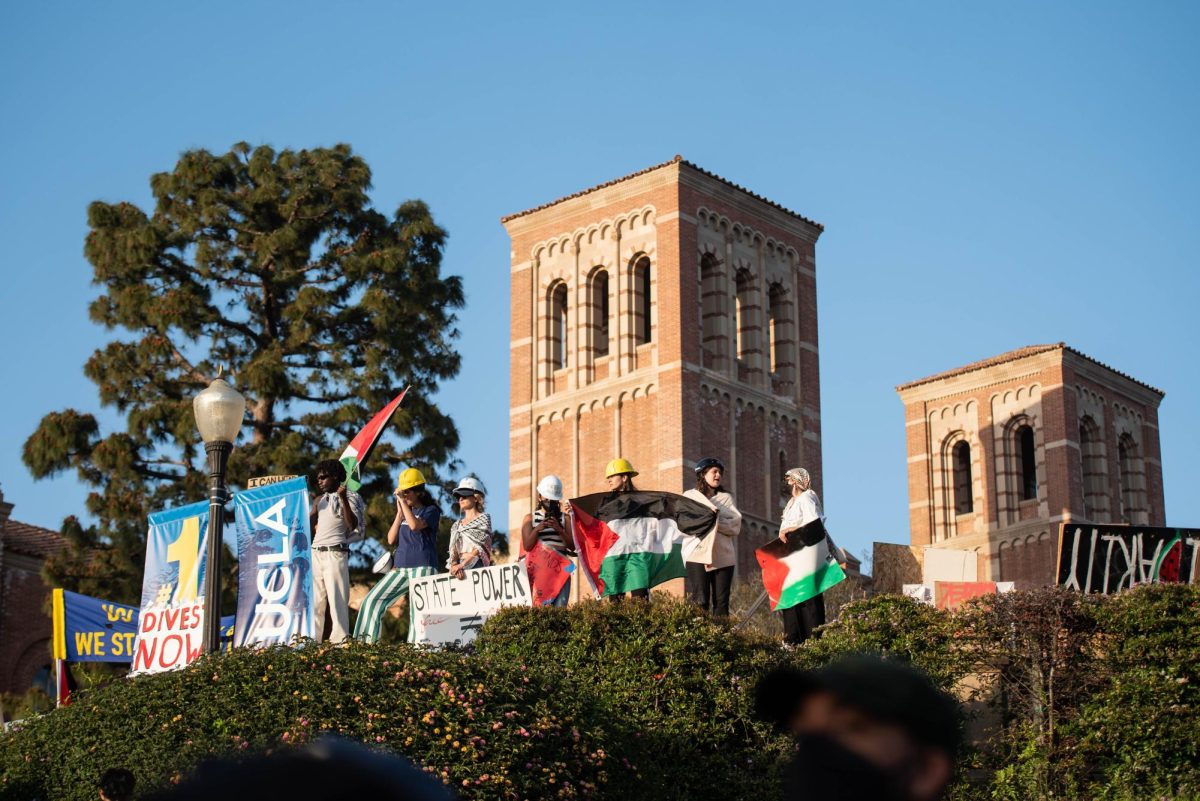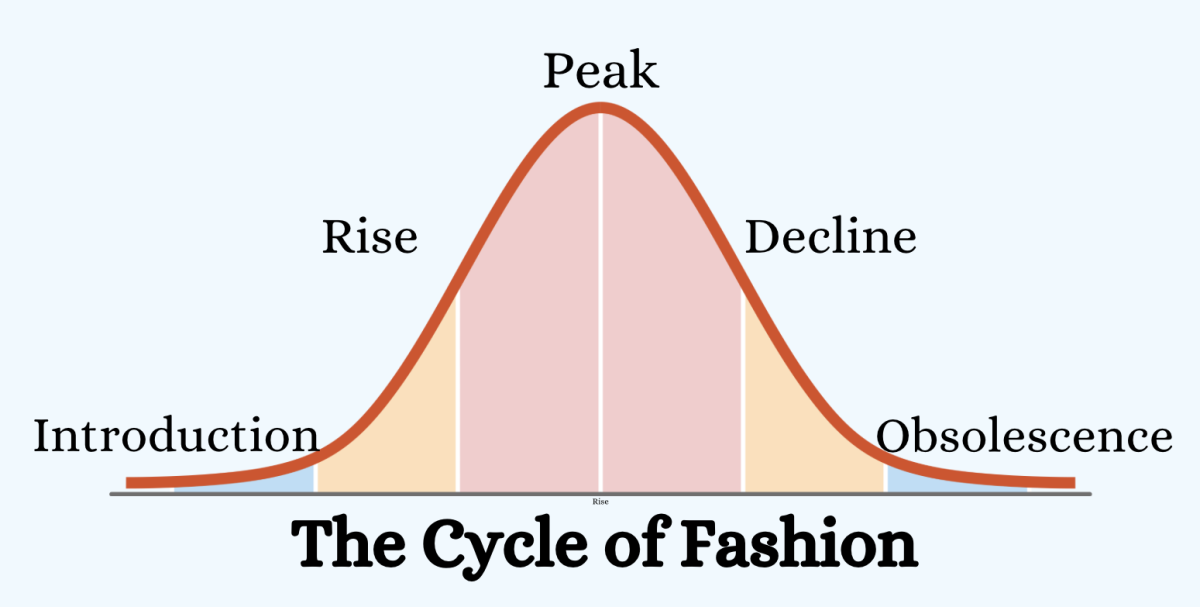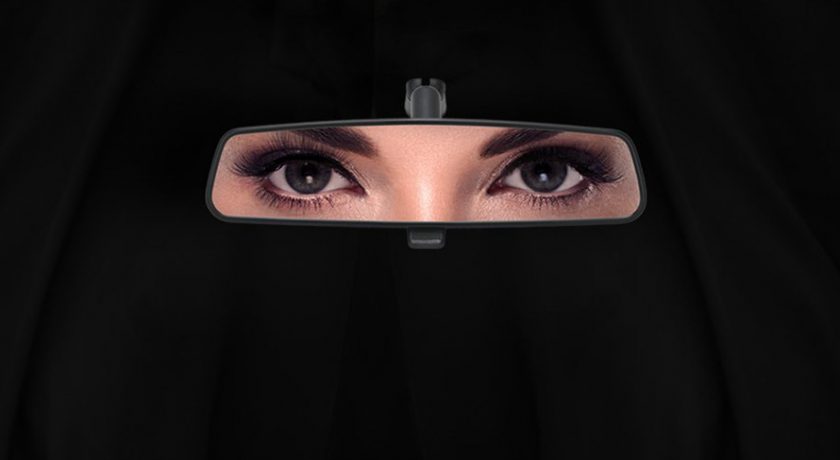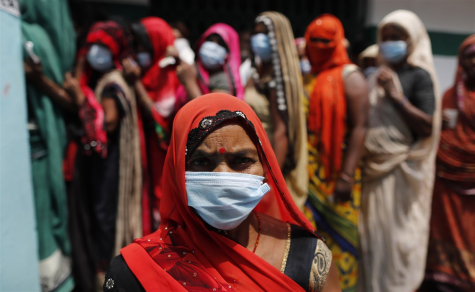Saudi Arabia: A Step for Women
Ford released a new advertisement in response to the lift on the ban of Saudi Arabian women driving.
October 12, 2017
Saudi Arabia just took a major leap in responding to gender inequity in Saudi Arabia. Officially announcing the right for women to drive, many believe that this achievement will pave the road to future wins for Saudi Arabian women.
Starting in June of 2018, women residing in Saudi Arabia will officially be allowed to begin driving in cars. Saudi ambassador, Prince Khalid bin Salman stated that women will have the opportunity to obtain driver’s licenses without the approval of their male relatives. Safia Khan (11) states, “Saudi Arabia is a gorgeous country. And although I’m not sure why this law was placed in the first place, I think this new enactment is great for Saudi Arabian women.”
As the only existing country with a prohibition against women driving, Saudi Arabia has faced international contempt for the past few years; in response, the changing Saudi kingdom made the decision to lift the ban, in addition to “its hopes for a public relations benefit” (NY Times). Saudi leaders also hope this enactment will lead to a thriving economy, one in which women are more engaged in the workforce. Before this change, the existing law forced women to have to pay male drivers to take them to work or request rides from their male relatives.
Some arguments in regards to the right of women driving are justified in a cultural aspect that some Saudi Arabian citizens hold. This includes that women driving can be seen as inappropriate, an uncomfortable scene for male drivers on the streets, and a division in the typical Saudi family. Ending this ban is expected to face some backlash from patriarchal Saudi Arabians, however, this change can be the light that makes a greater impact on the country of Saudi Arabia and ultimately change the perspective that many conservative Saudis hold in keeping the status quo.
Despite this positive step, Saudi Arabia still has its many existing restrictions placed on women. For instance, all women are ordered to have a male “wali” as their official guardian who guides the women when making any major decisions. Women have a strict dress-code in line with a “strict interpretation of the Islamic law” and are harassed if wearing an excess of makeup (The Week). Women also have restrictions against marrying or divorcing, accessing healthcare, inheriting equal wealth, and conversing publicly with men.
The petition for Saudi women’s’ rights to drive has been long fought. Several women’s rights groups have argued against the discriminatory law, as well as several Saudi women publicly voicing their opinions and in response, getting jailed. After a long and arduous battle, however, it is safe to say that women in Saudi Arabia have finally achieved a sense of equality under the Saudi law. With this first step towards equality, what changes can Saudi Arabian women hope to see next?









